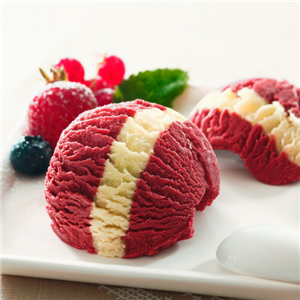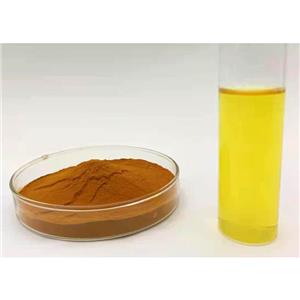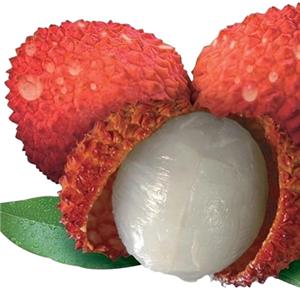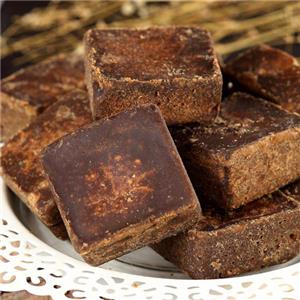Revealing the original habitat of Carmine / Cochineal extract - Arequipa, Peru
Revealing the original habitat of Carmine / Cochineal extract - Arequipa, Peru
Our chairman specially went to the original production area of Carmine / Cochineal extract to investigate the supply of Carmine / Cochineal extract.
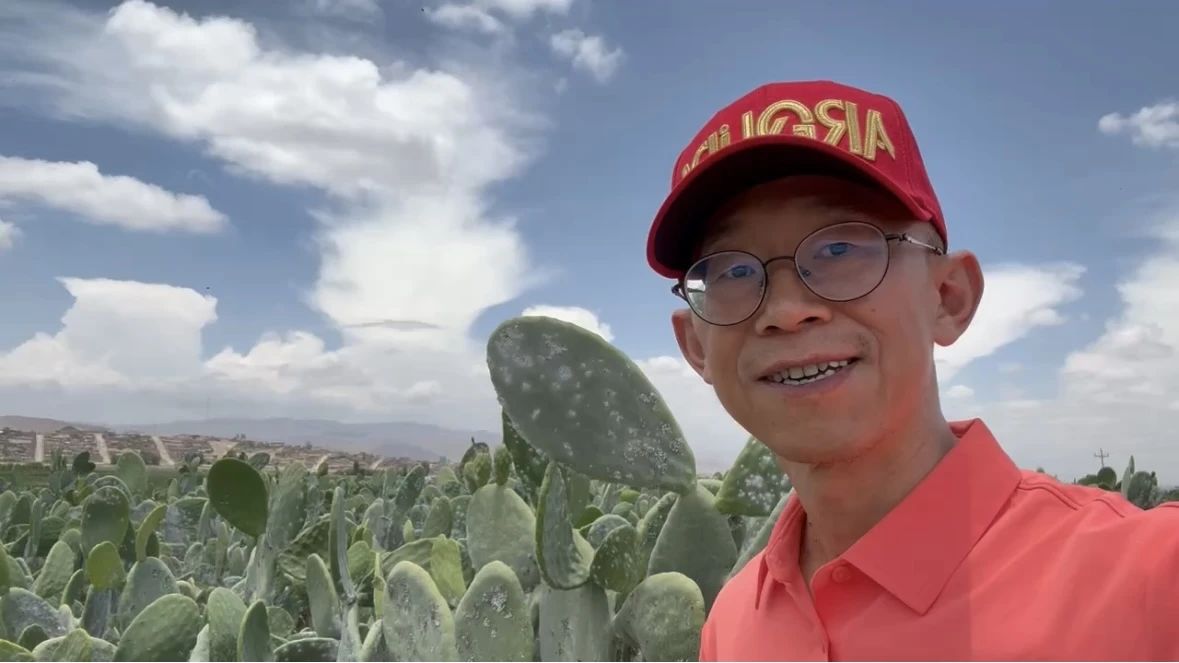
01. The original red origin of Carmine / Cochineal extract
According to on-site information, Arequipa, a city in southern Peru, is the world's leading cochineal production base. It has a cactus planting area of approximately 5,000 hectares. The cacti grown in this area are mainly used for cochineal breeding, and their output accounts for 70% to 80% of Peru's total national output.
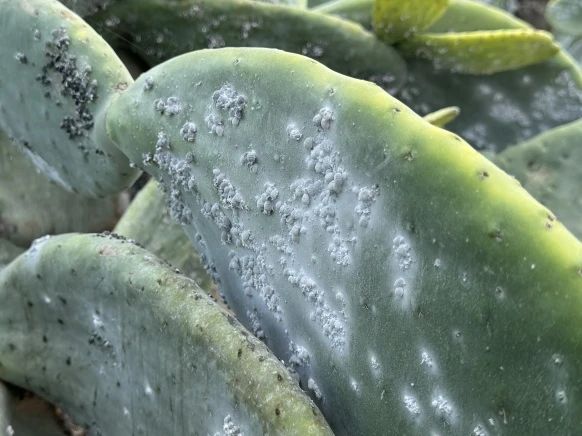
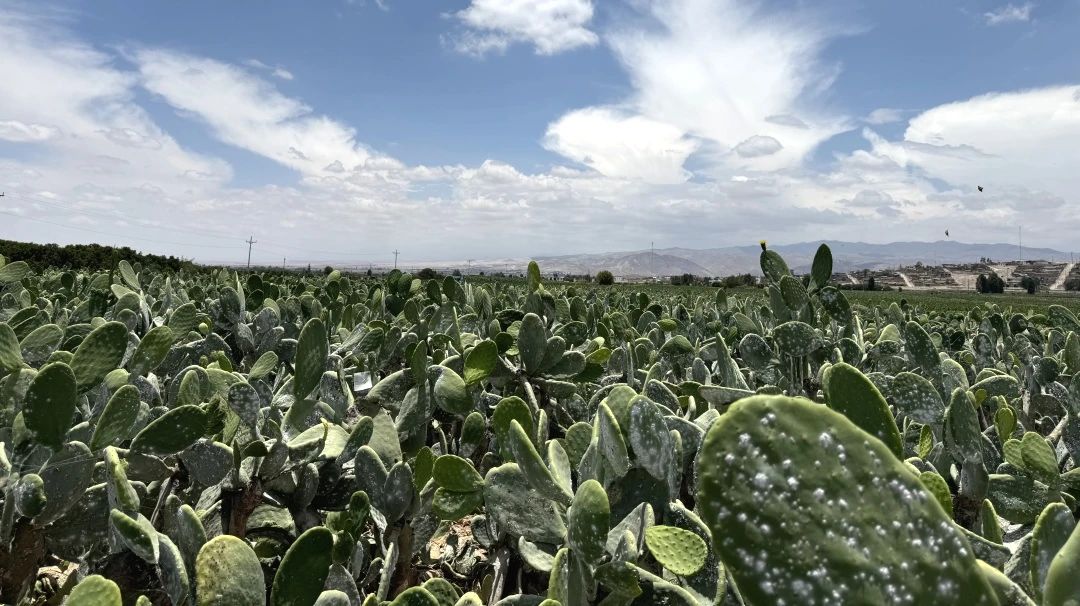
Arequipa is a cochineal breeding base with a mature industrial system, and its breeding history has reached 30 years. This area, as a typical dry-hot river valley, has become an ideal region for cochineal insect breeding due to its unique climatic condition of no precipitation throughout the year. Historical data shows that the peak market price of cochineal insects once reached 120 USD per kilogram, and this industry has become an important source of income for local residents.
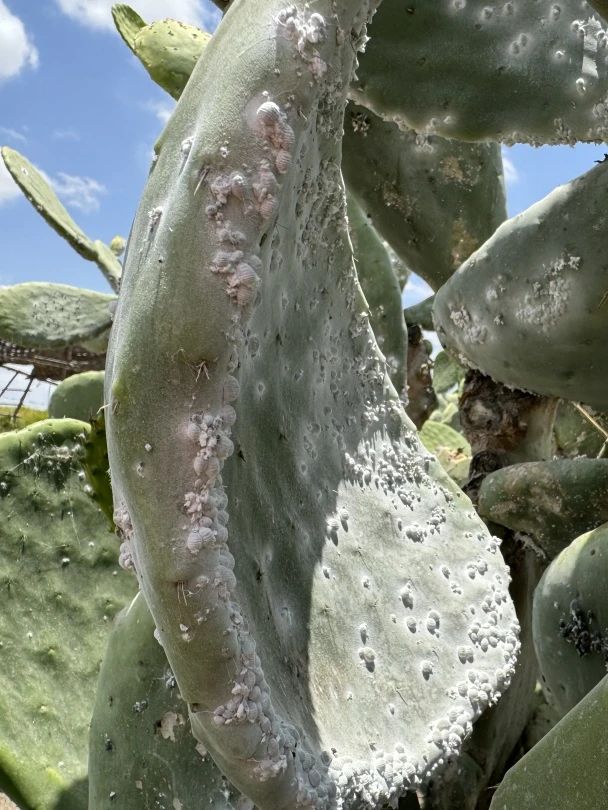
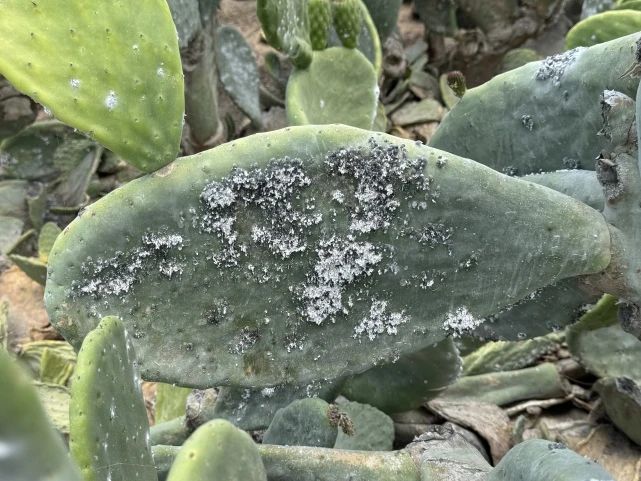
02. How to breed cochineal insects
According to Dr. Chen, the white flaky object shown in the picture is actually a female cochineal worm. Hang it on the surface of the fairy palm. The container in the picture contains all live cochineal insects, which will crawl to the surface of the fairy palm by themselves. After the insect reaches maturity, its lifespan is approximately three months. Once its life cycle is completed, workers will collect it and deliver it as raw material for natural food coloring to the purchaser. The purchaser then tranches it to the cochineal pigment processing factory, where it is eventually made into the Carmine / Cochineal extract that we are familiar with.
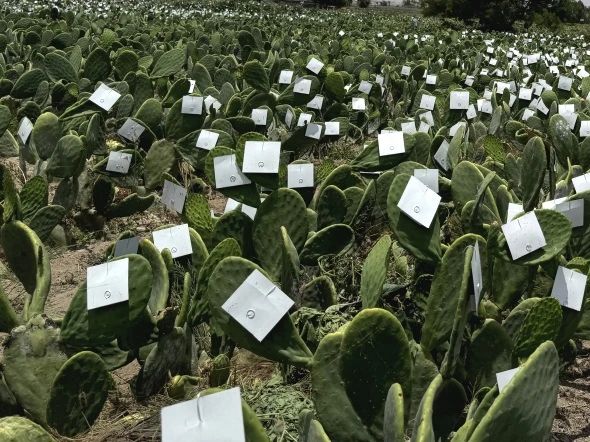
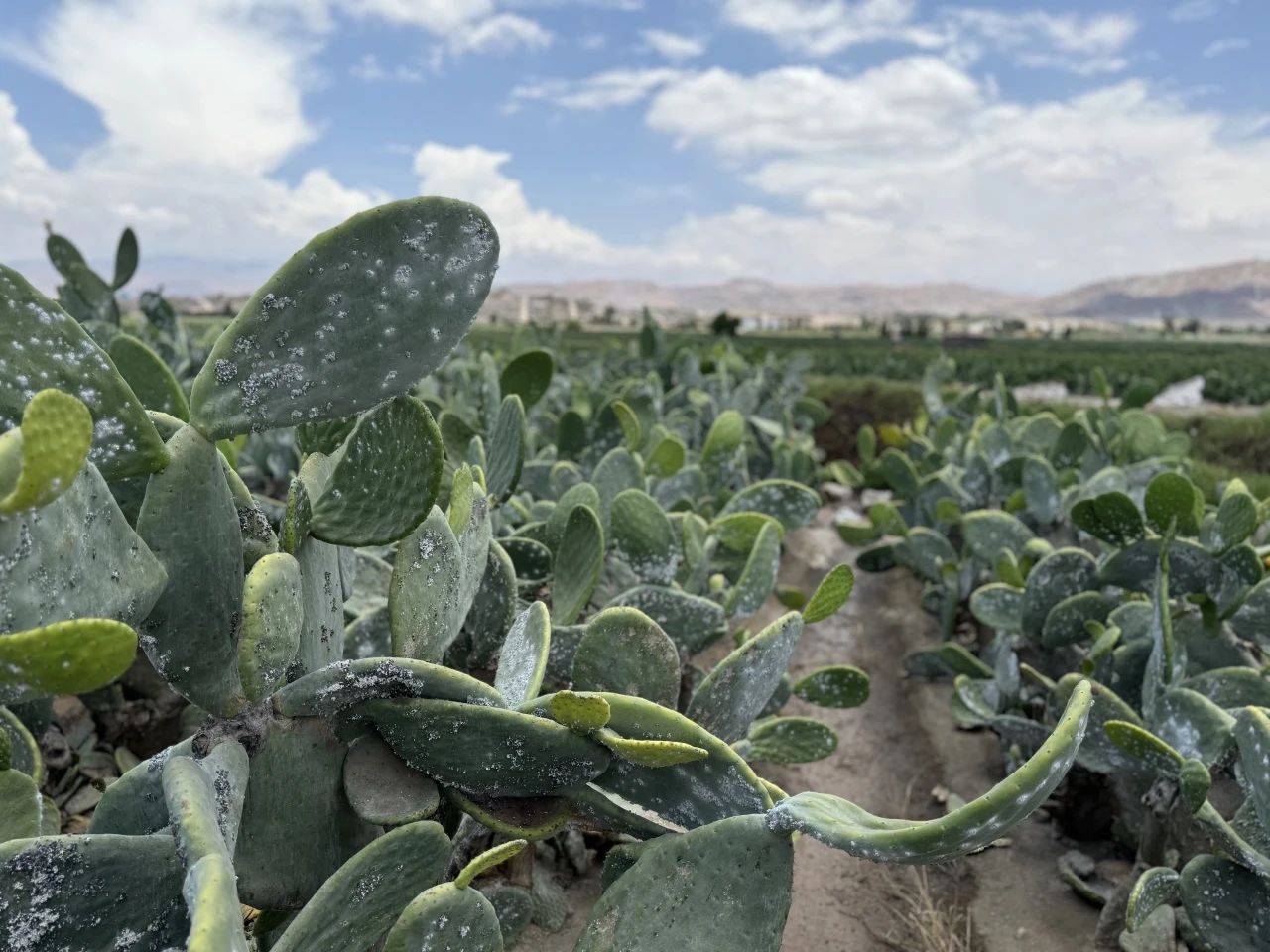
03. Introduction to Carmine / Cochineal extract
Carmine / Cochineal extract is a natural colorant extracted from the dry body of female cochineal insects, with the main component being carmine acid. It has good heat resistance, light resistance and oxidation resistance, and strong dyeing power.
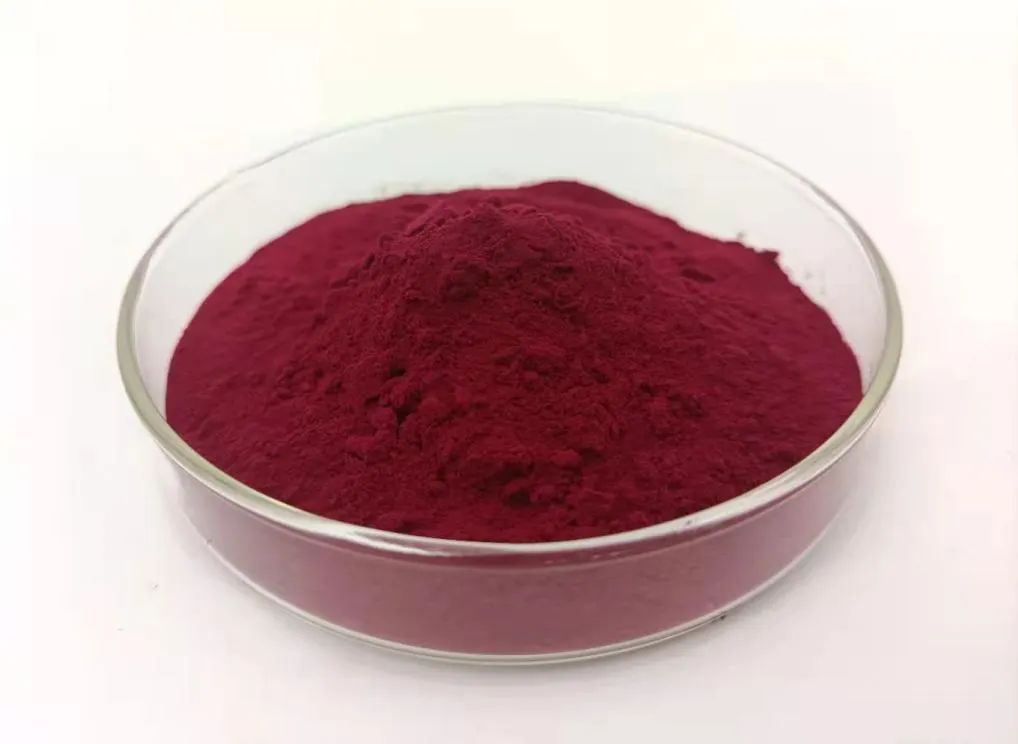
In addition to its strong stability, it also has a wide range of color changes, presenting different colors at different pH values: in acidic solutions, its color varies from orange-red (pH=4.8) to deep purple (pH=6.2) with different pH values.
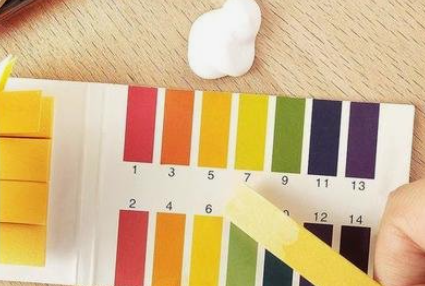
Cochineal red has a wide range of applications and is suitable for flavored fermented milk, frozen desserts, jams, chocolates, candies, tapioca balls, instant rice and flour products, baked goods, jelly, etc.
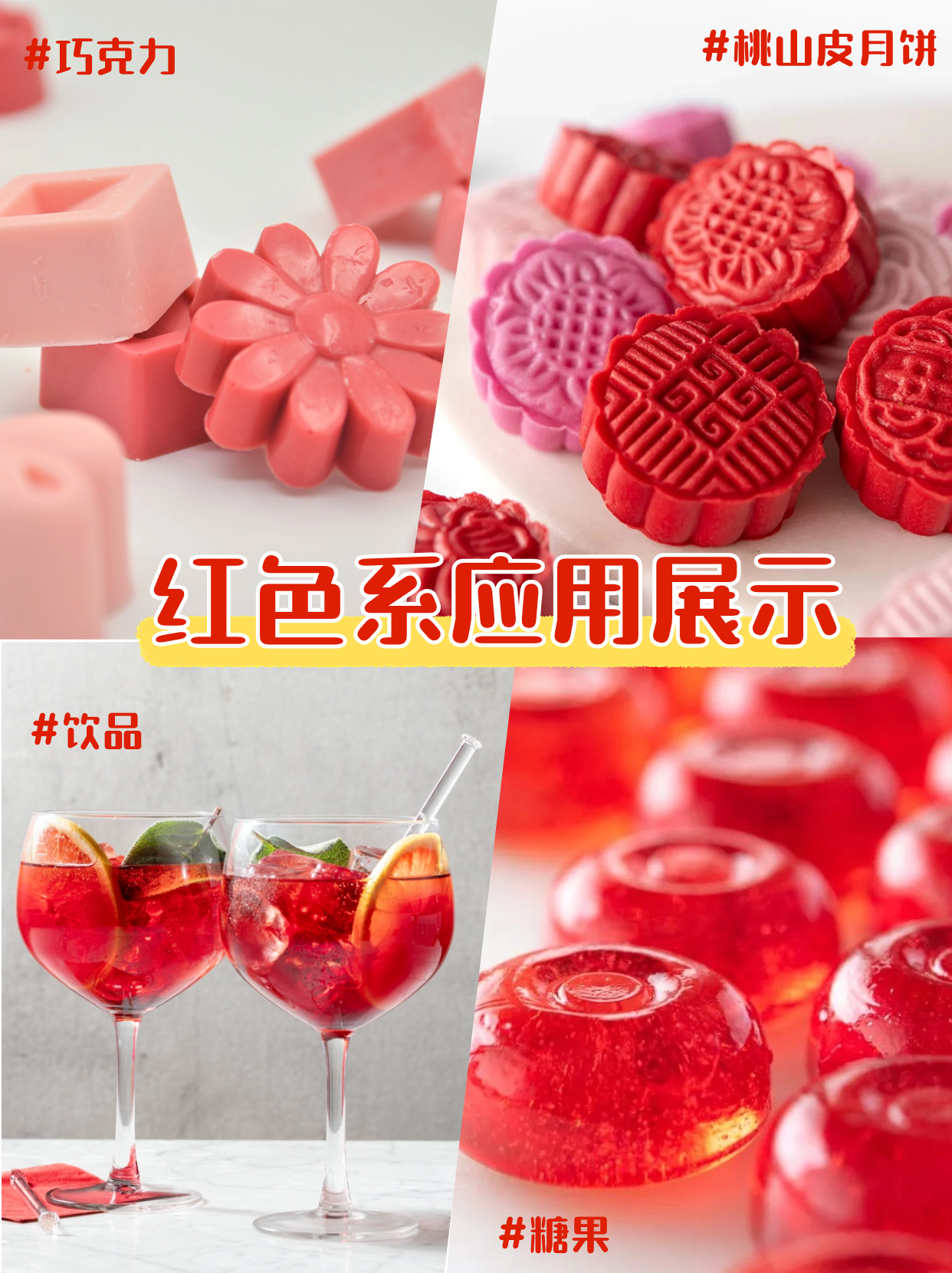
-----THE END-----

